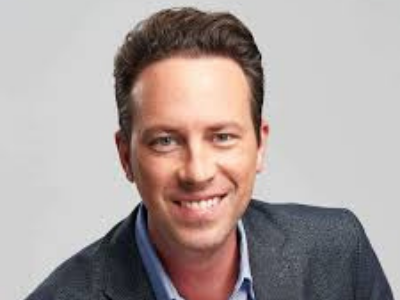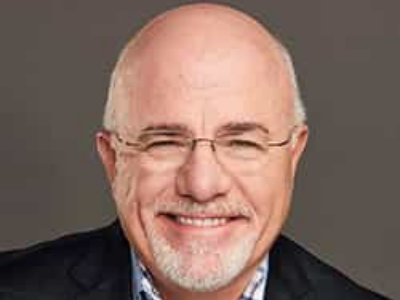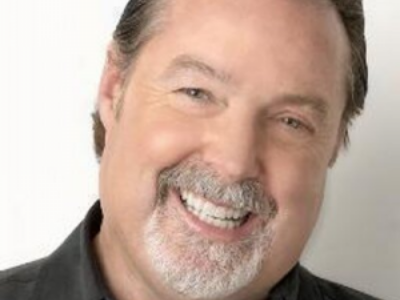Danish officials believe drone flyovers at 4 airports are meant to sow fear and division
News > Politics & Government News

Audio By Carbonatix
1:25 AM on Thursday, September 25
The Associated Press
COPENHAGEN, Denmark (AP) — Drones flew over four Danish airports overnight Wednesday into Thursday, the latest instance of unexplained drone activity that has raised concerns about security in northern Europe amid growing Russian aggression.
Defense Minister Troels Lund Poulsen called the incidents a “hybrid attack” because the flights all occurred within roughly the same timeframe. It was not immediately clear who was behind the incidents, but Lund Poulsen said that it appeared a “professional actor” was behind the “systematic” flights.
While careful not to directly accuse a specific country, Danish intelligence officials reiterated that they estimate the risk of Russian espionage and sabotage in Denmark as high. “We have seen this in other parts of Europe, and we must also expect to see it in Denmark,” said Finn Borch, the head of the Danish Security Intelligence Service at a news conference Thursday night.
Authorities said there was no danger to the public.
The goal of the flyovers was to sow fear and division, Danish Minister of Justice Peter Hummelgaard said Thursday, adding that the country will seek additional ways to neutralize drones, including proposing legislation to allow infrastructure owners to shoot them down.
Flights were halted for several hours at Aalborg Airport in northern Denmark, which also serves as a military base. Drone sightings began shortly before 10 p.m. Wednesday and ended just before 1 a.m. Thursday.
Three airports in Esbjerg, Sønderborg and Skrydstrup also were impacted. Skrydstrup is an air base that is home to some of the Danish military's fighter jets.
The drones appeared to be flying around the airports with their lights turned on but authorities decided against attempting to shoot down the drones, police said. Additional details were not immediately available.
The latest drone activity came just days after a similar incident at Copenhagen Airport, conducted by what police call a “capable actor.”
The Copenhagen drones grounded flights in the Danish capital for hours Monday night, prompting concerns that Russia could be behind the flyover above Scandinavia’s largest airport.
While it wasn’t immediately clear who was behind the flyover, Denmark’s prime minister and NATO’s secretary-general said that Russian involvement couldn’t be ruled out. Denmark, already on edge because of its proximity to Russia, will join a group of neighboring countries Friday to discuss the European Union’s plans for a “drone wall.”
Danish Prime Minister Mette Frederiksen called the Copenhagen incident “the most serious attack on Danish critical infrastructure to date.”
Russia’s Embassy in Denmark on Thursday rejected claims of Russia’s involvement in the drone incidents.
“It is evident that the incidents involving reported disruptions at Danish airports are a staged provocation,” it said in a statement. “Undoubtedly, they will be used as a pretext for further escalating tension in the interests of forces seeking by all means to prolong the Ukrainian conflict and extend it to other countries. The Russian side firmly rejects the absurd speculations of involvement in the incidents.”
It was not immediately clear whether the Copenhagen flyover was related to the latest incidents.
Frederiksen said Thursday she was in contact with NATO Secretary-General Mark Rutte.
"We agreed that NATO would work with Denmark on what we can do together to ensure safety and security,” she wrote on the social platform X.
Security concerns in northern Europe are heightened following growing Russian aggression. On Tuesday, NATO warned Russia that it would use all means to defend against any further breaches of its airspace after the downing earlier this month of Russian drones over Poland and Estonia’s report of an intrusion of Russian fighter jets last week.
Speaking before the latest drone sightings in Denmark, French President Emmanuel Macron argued that NATO nations would have to react “more strongly” to Russian incursions. He didn’t detail the potential response.
“We cannot allow the idea to take root that Poland, Estonia, Romania are in a weak situation because the next step would be Germany and then us,” Macron said in an interview with broadcasters France 24 and RFI.











